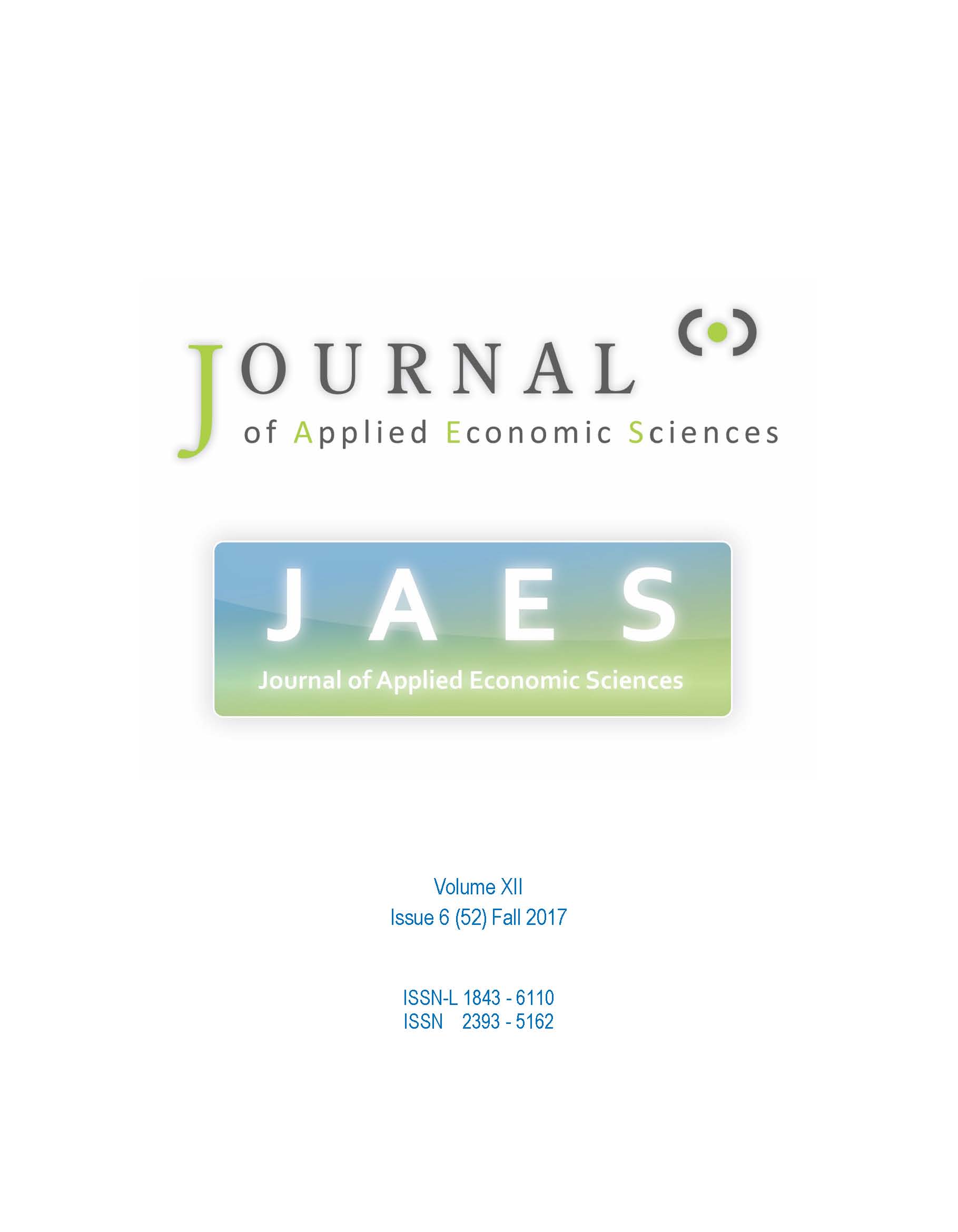Cultural Ethics and Consequences in Whistle-Blowing Among Professional Accountants: An Empirical Analysis
Cultural Ethics and Consequences in Whistle-Blowing Among Professional Accountants: An Empirical Analysis
Author(s): Tulus Suryanto, Eleftherios I. Thalassinos Subject(s): Human Resources in Economy, Business Ethics
Published by: Reprograph
Keywords: cultural ethics; islamic finance and auditing; whistle-blower;
Summary/Abstract: The main aim of this article is to examine the impact of cultural ethics in whistle-blowing. More precisely it examines the consequences among professional accountants coming from the Javanese culture (people leaving in Java Indonesia) known as “Tepo Selipo” and how these attributes determine some specific characteristics in their professional practice. The research is based on a survey among Javanese accountants in a way to investigate their interest to become whistle-blowers in the Indonesian society. Taking into consideration the differences in Islamic and conventional accounting and finance, which have been approved in other studies, the present research claims that general auditing practices cannot be applied easily in Islamic auditing without some adjustments regarding issues of ethics, governance, responsibility and respect. The findings of the empirical analysis based on a market research with questionnaires show that the majority of Javanese respondents are not interested in being whistle-blowers concluding that auditors, accountants, and policy makers have to design policies that encourage whistle-blowing in order to improve auditing procedures. Finally, the findings will enable policy makers and professional accountants to anticipate and predict whistle-blowing.
Journal: Journal of Applied Economic Sciences (JAES)
- Issue Year: XII/2017
- Issue No: 52
- Page Range: 1725-1731
- Page Count: 7
- Language: English

